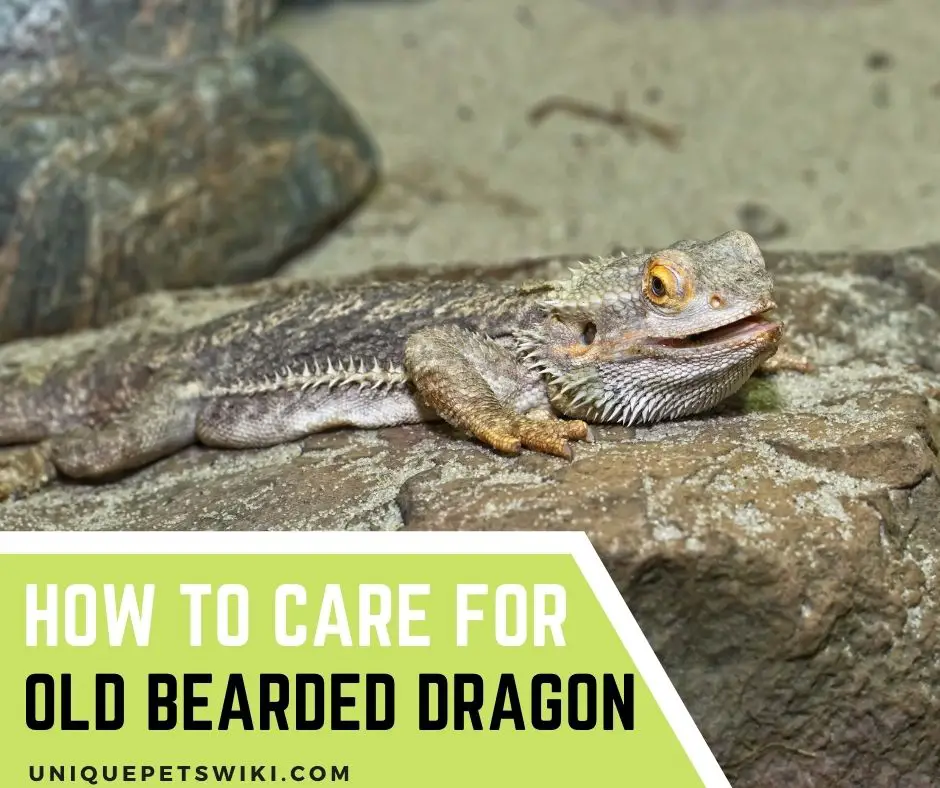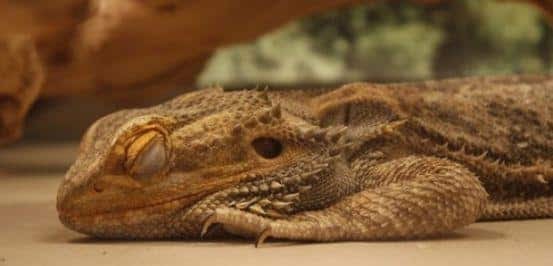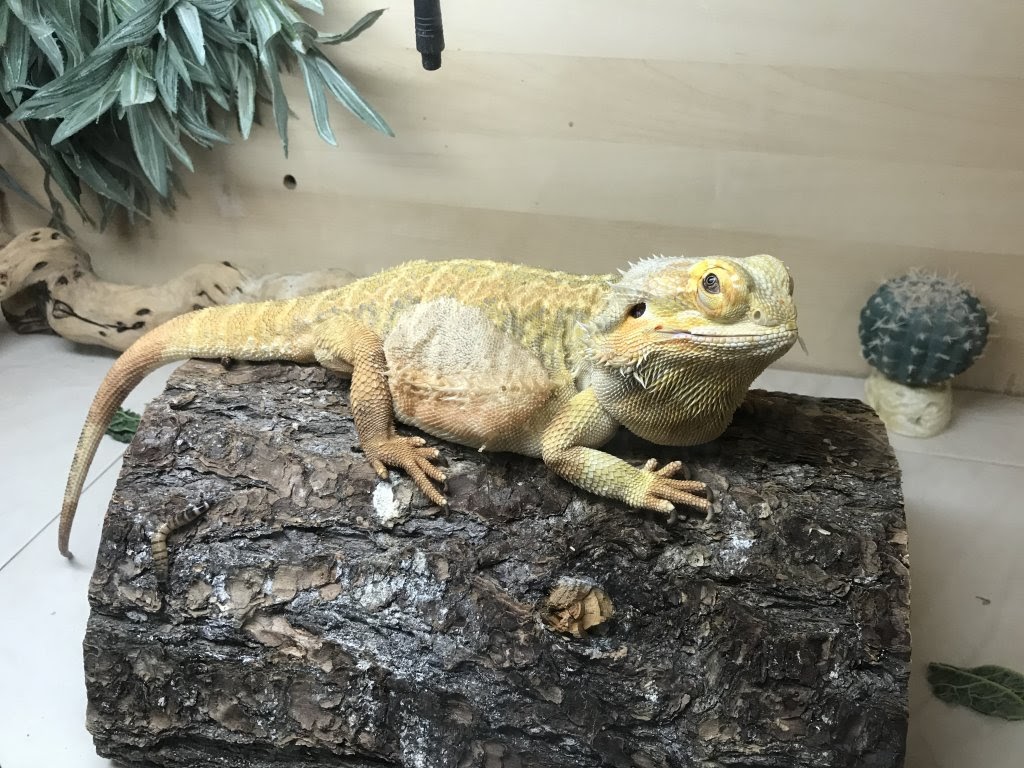It’s amazing to realize your bearded dragon has come this far in age, but old age comes with its demands and challenges. It usually marks the gradual fading away of full activeness to gradual weakness in the limbs. How do yo care for old bearded dragon? How can you assist them to live even longer? Relax! You just need to follow me as I walk you through.
You’ve been caring for a bearded dragon throughout its entire life and you already know it’s a senior. If you want to know what you can do to help your bearded friend, then you’ve come to the right place!
In this article, we’ll talk about how to care and other several tips in taking care of Senior Bearded Dragons, and how you can help them in their last moments.
This article has been reviewed by Dr. Dilber. Read more about our knowledge control process here.
Contents
Old Bearded Dragons & Appearance
In some folktales where it has dragons it always stated that they lived for thousands of years right? But sorry, the average lifespan for bearded dragons is around 8 to 15 years old. In the wild bearded dragons live generally from 5 to 8 years, and any age higher than 8 is considered old, and fortunate for bearded dragons.
In captivity, bearded dragons’ lifespan is really dependent on the care that they receive. Several factors that affect their lifespan are diet, tank factors, genetics, general health, etc.
What Happens When A Bearded Dragon Gets Old?
Everyone gets old, even your bearded friends, and you can notice that your bearded dragon is slowly getting old if you notice that he’s not that active anymore, and feeling lethargic.
Other signs also include weakness in the limbs, wanting to be fed by hand, no more interest in breeding or laying eggs, etc. Older bearded dragons have slow bowel movements. So, they do not defecate frequently.
There’s also refusing to eat, weight loss, minimal movements, possible sickness, extended stay on the cooler side of the tank, and vision loss. When the bearded dragon gets old, it sleeps more. However, these may all be possible signs, but each bearded dragon is unique in showing signs of old age.
They may also possess dark or grey skin but they’re not shedding, have droopy or sunken eyes, and have shallow breathing.
Bearded dragons have what we call “Chromatophores” ; they’re pigmented cells that change color due to temperature, feeling, and even mood! So a beardie might show full, bright colors when it’s happy, and a darker one when it’s feeling threatened or stressed.
There’s no sure way to determine a bearded dragon’s final colors, but typically, a bright bearded dragon grows brighter but generally retains the same patterns and markings. There are also instances that a senior bearded dragon loses color, but this varies on a case to case basis.
How To Tell The Age Of A Bearded Dragon?
There are approximately 3 ways to tell the age of your bearded dragon. With the first one and the most surefire way is by contacting their breeder, or going on a trip to the vet. They are experts, so they have the necessary experience, knowledge, and tools to tell their age.
Next one is by measuring them from head to tip of the tail. This method is the most efficient, however it’s only effective if your bearded friend is less than a year old, since afterwards, bearded dragons all mature differently at different paces.
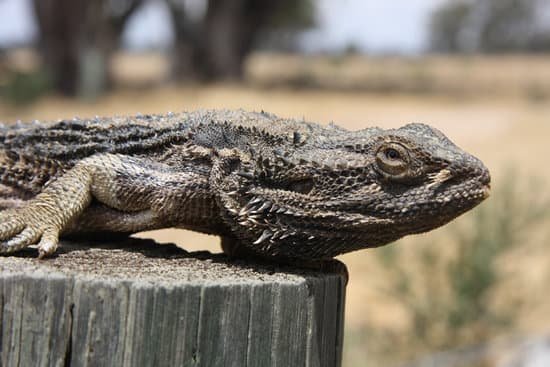
This is the list of the sizes in accordance to their ages:
0-1 months= 3 to 4inches (7.6 to 10cm)
2 months= 5 to 9 inches (13 to 23cm)
3 months= 8 to 11 inches (20 to 28cm)
4 months= 9 to 12 inches (23 to 30cm)
5-6 months= 11 to 16 inches (28 to 41 cm)
7-8 months= 13 to 20 inches (33 to 51 cm)
9-12 months= 16 to 22 inches (41 to 56 cm)
Take note that this is the average measurements, some bearded dragons grow faster compared to others or slower and this is all normal and relative to bearded dragons.
The last method is by determining sexual maturity, and this is one of the quickest way in determining their ages. Check for bulges underneath their tails to determine gender characteristics, if there are bulges, then your beardie is most likely around 8-12 months old.
Fast fact: If you have two bulges then you have a male bearded dragon, if you see only one, then it’s a female bearded dragon. Also, femoral pores are mostly seen in males and not in females which also indicate sexual characteristics.
Note: These methods only apply if your bearded dragon is less than a year old.
Keep in mind that after the 12th month, bearded dragons grow at their own paces. But if you know when the bulges appear, count from that month until today to know the age of your beardie.
The best way still to tell the age of your bearded dragons, is by going to the vet or consulting with the breeder where you bought your bearded dragon.
Do Bearded Dragons Die Of Old Age?
In simpler answer, yes they can, bearded dragons can live up to 15 years if cared for properly. But keep in mind that just like humans, as beardies grow to old age, other complications are shown that results from old age such as organ failure and aneurysm.
So yes, they can reach the end of their life span, and then that’s it for our beloved bearded friends. But in most cases, there are also other complications and factors that lead up to the passing of bearded dragons aside from old age.
Old bearded dragons are susceptible to various problems and illnesses due to weak immune system such as skin problems, bone issues, and respiratory issues.
6 Tips To Care For Old Bearded Dragon
Senior bearded dragons become relatively difficult to take care of. But having no stress in the tank, high basking temperatures, the right diet, and the right hydration will make everything easier.
Other tips are making everything accessible, especially the basking area, and right dosage of supplements also help them during their last moments. Here are 6 tips to properly care for your old bearded dragons!
Make Sure There Is No Stress Factors In Tank
No matter the age, you wouldn’t want a home that causes you stress right? Especially these are our homes, and as you grow older you become more susceptible to stress, and the same goes for bearded dragons.
Bearded dragon or not, anyone who’s a senior is more prone to get stressed. Maintaining a stress-free tank is really important. Senior bearded dragons may have difficulty adjusting, and can even cause pain, aches, and irritation, which is why keep their tank stress-free!
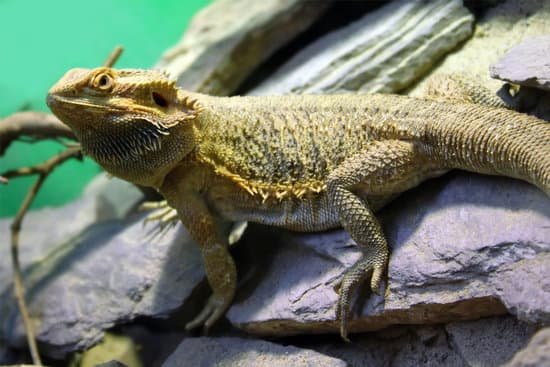
So you can do this by adjusting their tanks, or completely removing these stress factors. Several stressing factors include:
- Bright lights from lamps
- Improper temperatures
- Loud noises
- Unfamiliar people
- Improper space
- Improper humidity
- People tapping on their tanks
- Other pets
- Improper food
- No water
- Dirty tank
So what you can do is adjust their tanks to meet their optimal needs. Remove other pets, in the tank if there’s any and remind your children and/or visitors to not tap on the glass.
Also maintain proper humidity and temperature, clean their tank more often than usual, and feed them the right food.
Make Sure That The Basking Temperatures Are High And Optimal
Whenever you take a shower, notice how you always look for that “right temperature”? For seniors, it’s always a bit hotter compared to youngsters. The same goes for our bearded friends!
Senior bearded dragons have a weaker immune system, which is why they are more prone to diseases caused by the cold. So, it is important to maintain the correct temperature level of bearded dragons.
The regular temperature in basking spots for bearded dragons is 88-100°F or 31-38°C. But for senior bearded dragons the optimal temperature is 92-110°F or 33-43°C, this is achievable by having thermometers to check the temperature and adjust the UVB lamps that provide heat.
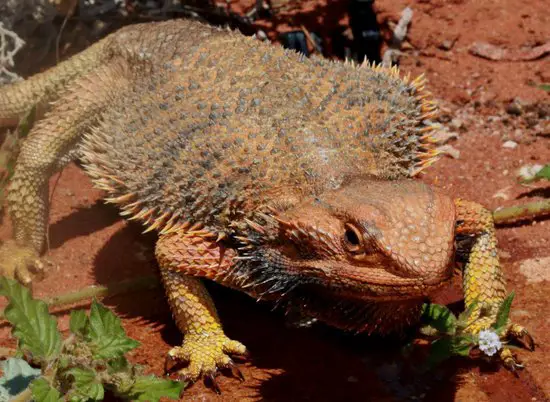
Make Everything Easily Accessible
Being old sometimes also can mean being lethargic or slow-moving, Which is often why our grandparents make us run errands or get something for them, since they also have low energy levels too, the same goes for senior bearded dragons.
Moving is hard for a senior bearded dragon. Which is why everything should be readily accessible, since they are not as active as they used to be, they often move slowly so it’s important to keep everything they need readily available.
You can do this by placing their water and food bowls nearer to where they usually stay. You can also adjust the platforms for basking and colder spots to make it easier for them to get there, as they brittle bones, moving for them can cause dangers too.
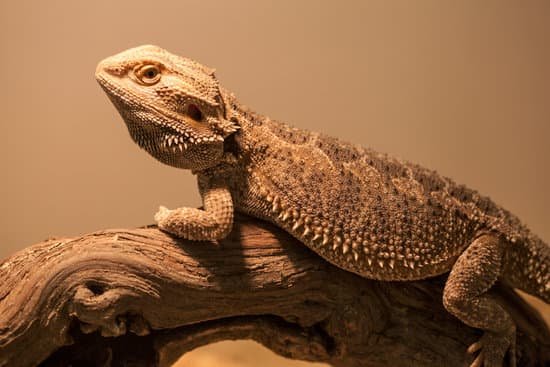
Hydration For Old Bearded Dragon
Ah yes, good ‘ol water, the basic sustenance of every being including bearded dragons, senior or not. Hydration is very important to everyone, especially senior bearded dragons.
Most bearded dragons’ bodily functions, especially kidneys, decrease with age. So, it is of utmost significance to keep them hydrated to help, and support them to continue to regulate their bodily needs, and functions.
It is possible to do this by dropping a few water droplets onto your bearded dragon’s nose, or misting their tank by a few amounts. Bearded dragons don’t usually drink water straight from a bowl since they keep themselves hydrated from the moisture of veggies and fruits.
Start Assisted Feeding With Lower In Calories
Ever tried assisting your grandparents with what they eat? This comes in slicing their food, or chopping to smaller bits right down to spoon feeding them their meals. The same goes for our bearded friends too.
It is necessary to take care old bearded dragon diet. Because they are susceptible to impaction due to slow bowel movements.
Lowering the calorie intake of bearded dragons is best for them. Since feeding them high calorie foods can induce weight gain, and eating fatty bugs can cause other digestive problems for them.
Assisted feeding is recommended especially if they are feeling lethargic or not moving that much. It is recommended to use soft thongs and feed roaches, silkworms, and others and avoid high chitin worms as they are hard to digest such as mealworms, and butterworms.
Also offer them their favorite fruits and vegetables at least twice or once a week.
Don’t Need To Increase The Dosage Of Supplements At All
Senior bearded dragons are already at that point wherein they don’t have to grow any longer. So you don’t have to add supplements any longer and adding more will just cause kidney damage.
What you can do is to make sure that you add pure calcium supplements at least twice or thrice a week and once a week dosage of vitamins.
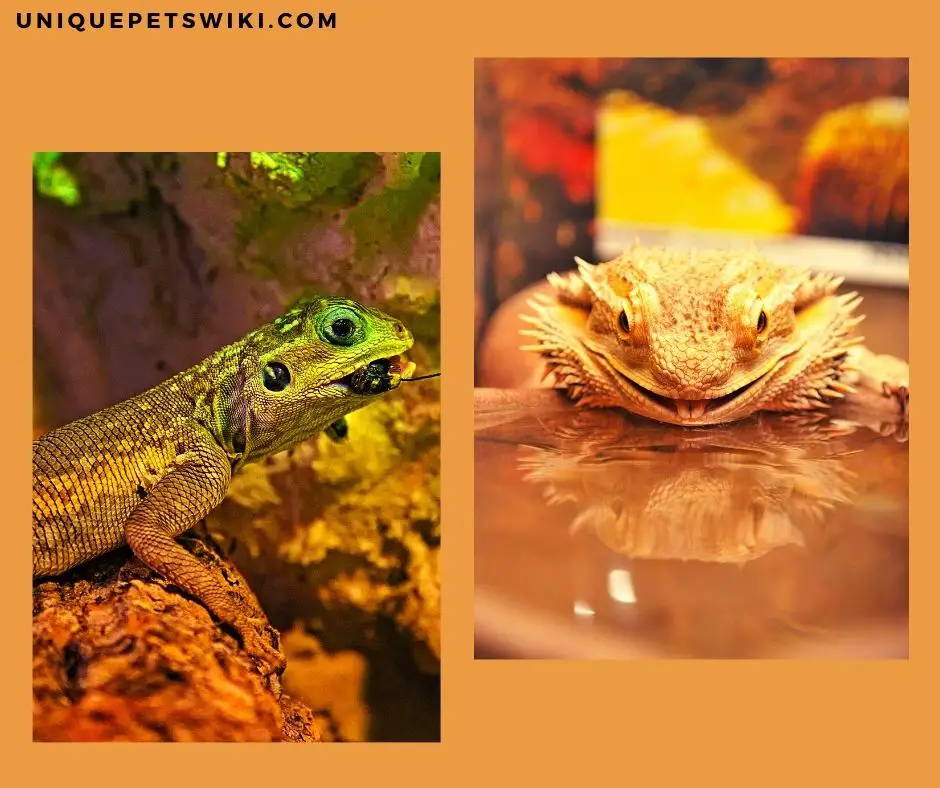
What Do Bearded Dragons Look Like When They Are Dead?
Everyone gets to the end of the line. And if you suspect that your bearded dragons have finally reached this, there are certain signs to look out for such as: they’re really stiff, and fluids flowing from mouth and nose.
Several signs also are: pupils not reacting to light, eyes are rolled back, turning pale and have a black beard, no movements, and no breathing. Keep an eye out for these signs especially if you’ve been taking care of a senior bearded dragon.
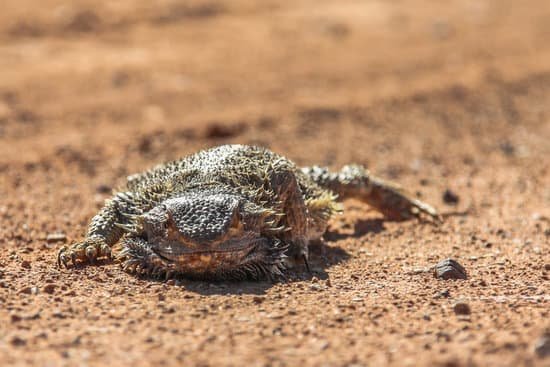
Thinking Personality: Should You Euthanize Your Bearded Dragon To Put It Out Of Its Misery?
Even if your bearded dragon is too old, never consider euthanizing your bearded dragon. Unless the vet tells you to put it out of misery.
Anyway, We believe your pet is doing his best in his last years with you and enjoying the rest of life. So you also have to try with your pet.
You should only give up when your bearded dragon gives up or your vet says he can’t try anymore. Only consider euthanesia if you know and have proper advice that your bearded friend is suffering, and he is terminally ill.
If you have to free the bearded dragon, don’t do anything arbitrarily. We believe you wouldn’t want to do anything cruel to your pet. In addition, what you do may not make them comfortable.
Please do not consider freezing them as this causes a slow death and their mind is still active even when they’re not moving too much. The best way to do this is to take your bearded one to a vet, so they can diagnose, and practice euthanesia professionally, and humanely if they have to.
In Conclusion
We know it’s hard bidding farewell to your beloved bearded friend. But we all arrive at that final point, and the best thing that you can do is to make sure that the last moments of your bearded dragon are filled with ease.
There are a lot of things to look out for especially if you know that your bearded dragon is a senior. This also helps them to live the last moments of their life with you with happiness.
We hope that the information you found in this article is helpful for you, and your bearded dragons!
